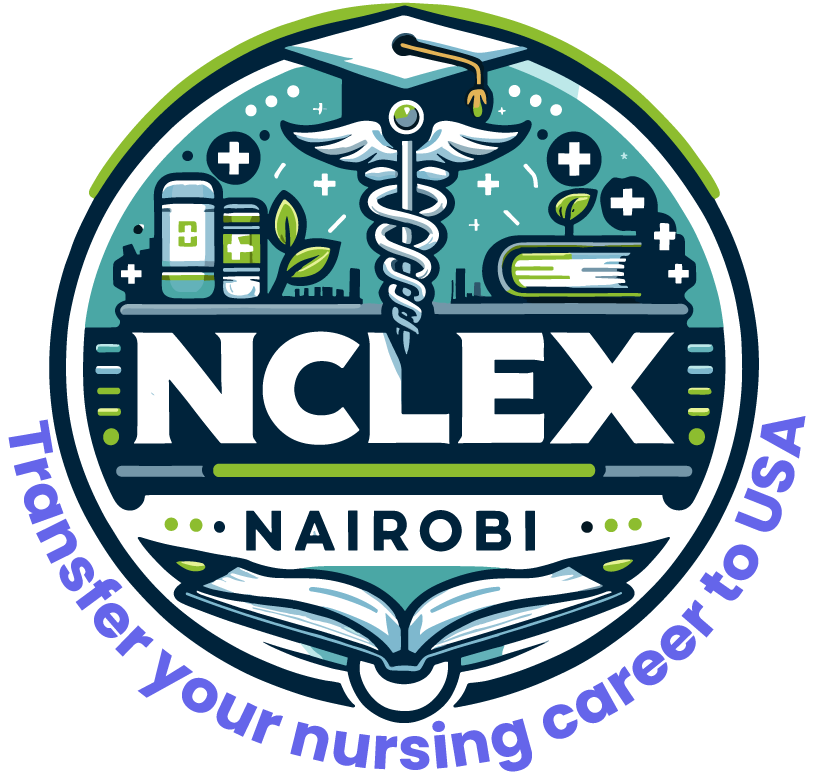
Transitioning from the NCLEX exam to real-world nursing practice involves not only clinical skills but also a deep understanding of the healthcare system. In this article, we delve into the nuances of the healthcare landscape from a nurse’s perspective post-NCLEX, offering valuable insights for navigating this complex terrain.
Embracing Multidisciplinary Collaboration: One of the first lessons a nurse learns post-NCLEX is the importance of multidisciplinary collaboration within the healthcare system. Working alongside physicians, specialists, therapists, and other healthcare professionals, nurses contribute their unique expertise to provide holistic care to patients. Understanding each team member’s role and fostering effective communication are critical for delivering coordinated and patient-centered care.
Advocating for Patients’ Rights: As advocates for their patients, nurses play a vital role in safeguarding their rights within the healthcare system. Post-NCLEX, nurses develop a keen awareness of patients’ autonomy, informed consent, and confidentiality. They advocate for patients’ wishes, ensure access to quality care, and empower them to make informed decisions about their health. By advocating for patients’ rights, nurses uphold ethical standards and promote equitable healthcare delivery.
Navigating Healthcare Policies and Regulations: Navigating the intricate web of healthcare policies and regulations is a significant aspect of nursing practice post-NCLEX. Nurses must stay abreast of legal and ethical guidelines, facility protocols, and government regulations that govern healthcare delivery. Understanding these policies ensures compliance, mitigates risks, and upholds standards of care, ultimately promoting patient safety and well-being.
Addressing Healthcare Disparities: Post-NCLEX, nurses confront the reality of healthcare disparities and their impact on patient outcomes. From socioeconomic factors to cultural differences, nurses recognize the complex interplay of variables that contribute to disparities in access to care, health outcomes, and treatment experiences. By advocating for health equity, culturally competent care, and social justice, nurses strive to address disparities and promote equitable healthcare for all.
Adapting to Technological Advancements: In the rapidly evolving landscape of healthcare technology, nurses post-NCLEX must adapt to new tools, systems, and electronic health records (EHRs). Embracing technology enhances efficiency, accuracy, and communication in patient care delivery. However, nurses must also navigate challenges such as data security, interoperability, and maintaining a human touch amidst digital advancements.
Promoting Health Education and Preventive Care: Beyond acute care settings, nurses post-NCLEX recognize the importance of health education and preventive care in promoting population health. They engage in health promotion initiatives, disease prevention strategies, and patient education efforts to empower individuals and communities to make healthier lifestyle choices. By emphasizing preventive care, nurses contribute to reducing healthcare costs, improving outcomes, and enhancing overall well-being.
Conclusion: Transitioning from the NCLEX to real-world nursing practice involves gaining a comprehensive understanding of the healthcare system and its complexities. By embracing multidisciplinary collaboration, advocating for patients’ rights, navigating policies and regulations, addressing healthcare disparities, adapting to technological advancements, and promoting health education and preventive care, nurses post-NCLEX contribute to delivering high-quality, patient-centered care and driving positive change within the healthcare landscape.
